A Comprehensive Guide to the Montessori Method for Child Development
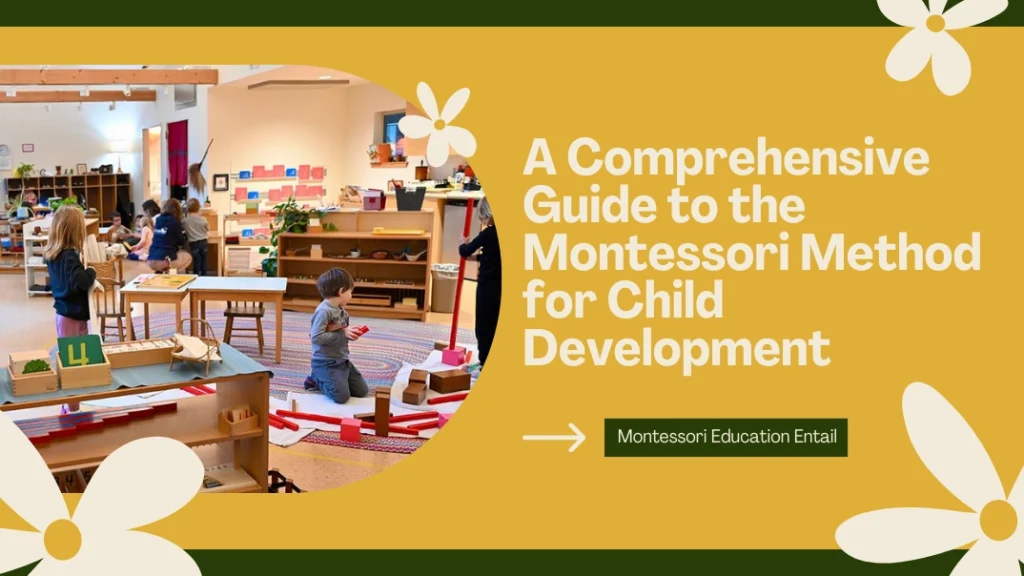
The Montessori Method of education, developed by Maria Montessori, focuses on self-directed learning, respect for the child’s natural development, and creating environments that cultivate independence. Through carefully designed Montessori materials, multi-age classrooms, and freedom of choice, children are encouraged to explore their interests at their own pace, growing intellectually, emotionally, and socially.
How to Apply the Waldorf Teaching Method in Preschool?
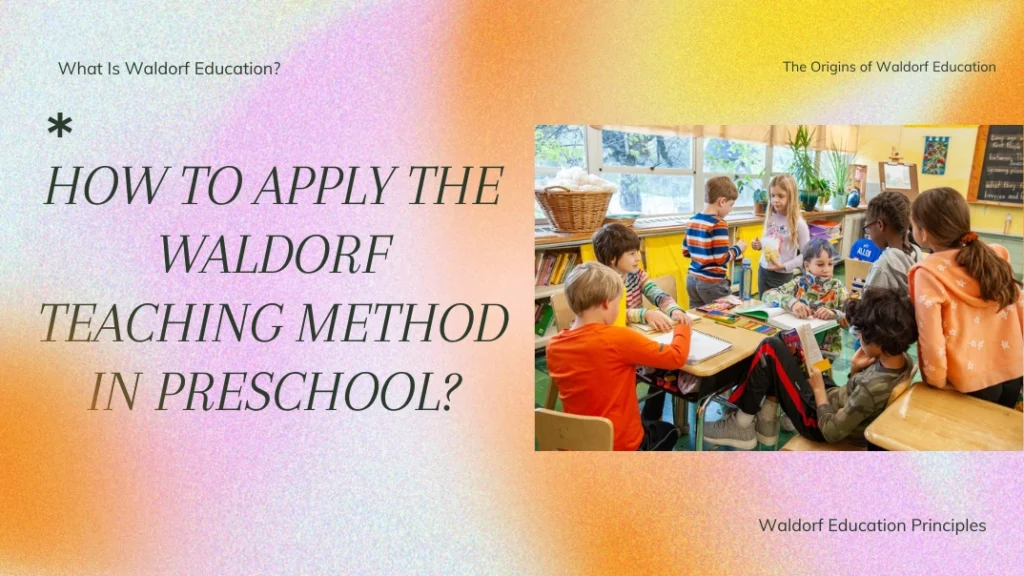
The Waldorf Teaching Method, originating from Rudolf Steiner’s educational philosophy, prioritizes experiential learning, fostering creativity and a deep relationship with nature. By incorporating Waldorf education into preschool, children receive academic preparation and are nurtured to become creative thinkers, responsible individuals, and lifelong learners.
Explore the Best Kindergarten Montessori Activities for Early Childhood Development
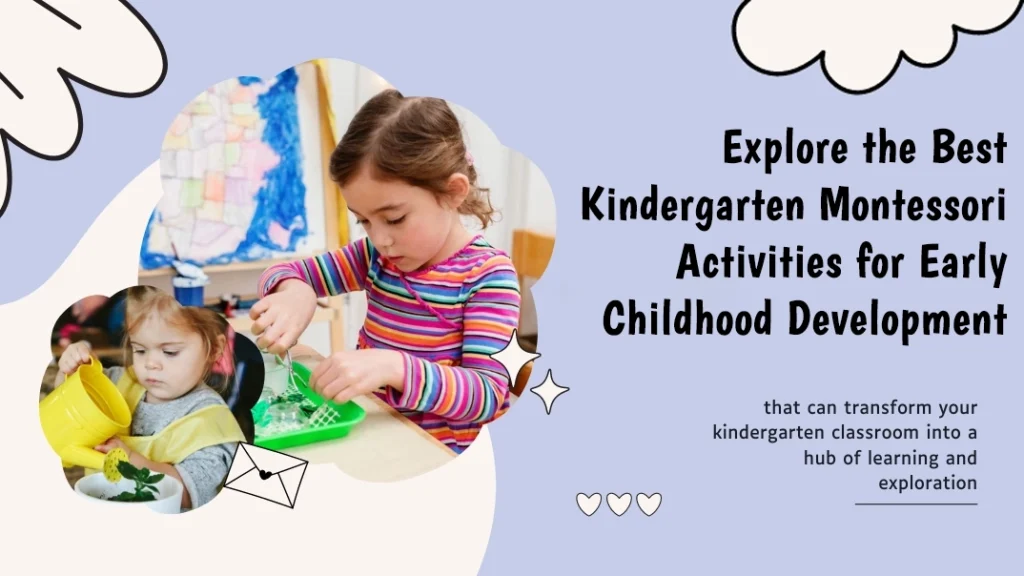
This article presents essential Kindergarten Montessori Activities designed to enhance children’s cognitive development, creativity, and practical life skills. These activities are perfect for young learners, typically aged 2 to 5, and include a variety of hands-on, interactive exercises in areas like language, math, motor skills, and more. The activities support independent learning and provide a well-rounded foundation for early education through the Montessori method.
How to Create a Perfect Montessori Classroom Layout
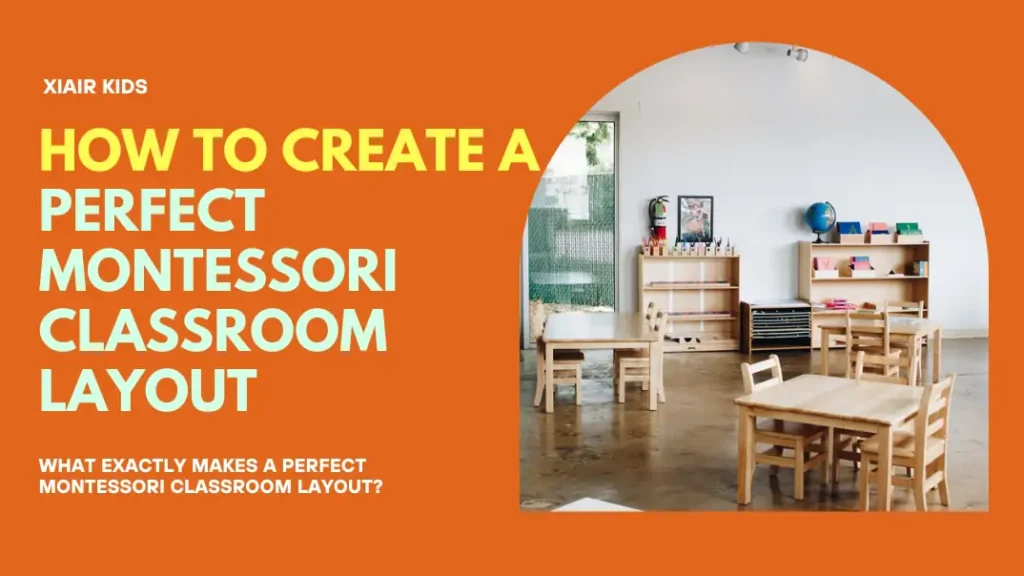
The Montessori classroom layout is designed to foster independence, creativity, and holistic development. By using child-sized furniture and accessible materials, it promotes autonomy and confidence. An organized, clutter-free environment reduces distractions and enhances focus. Natural light, neutral colors, and natural materials create a calm, inviting atmosphere, while plants connect children to nature. The flexible layout supports various teaching methods and learning styles, making the classroom dynamic and engaging.
Montessori vs Traditional Schools: A Comprehensive Guide for Parents
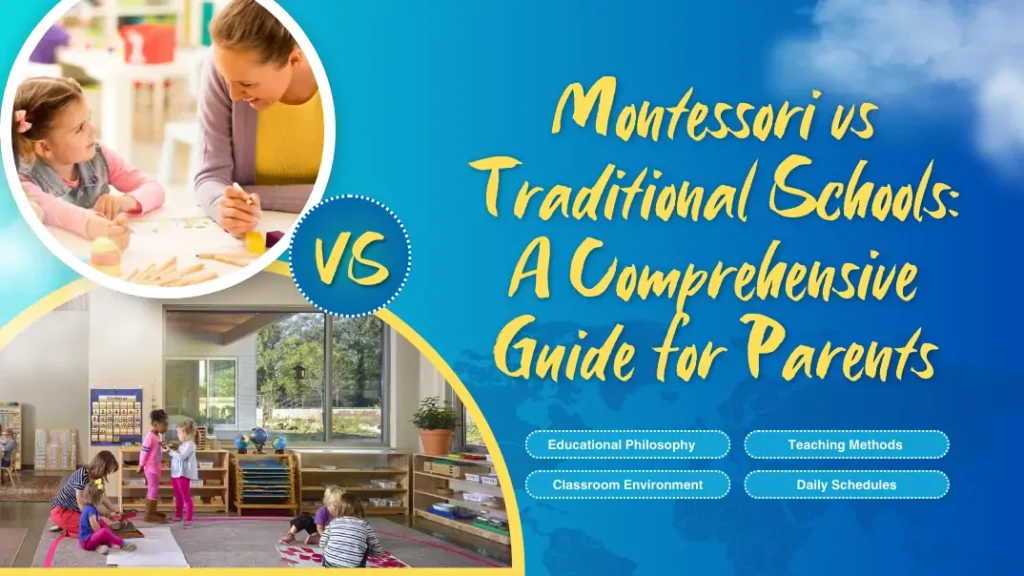
Choosing between Montessori vs traditional education is a critical decision for parents. Montessori education emphasizes child-led, hands-on learning, fostering independence and holistic development. In contrast, traditional education offers a structured, teacher-led curriculum with standardized testing and age-based classrooms. Each method has unique strengths and challenges, affecting your child’s learning experience and development. Understanding these differences can help you make an informed choice that aligns with your child’s needs and your educational values.
Soutenir les amitiés de votre enfant dans les premières années de sa vie

Le lien social est un élément important du développement de l'enfant. Alors que les tout-petits se font des amis pour la première fois, les enfants d'âge préscolaire nouent des relations solides, alors voyons quelques suggestions pour soutenir les amitiés de votre jeune enfant.
Understanding Montessori Planes of Development for Children
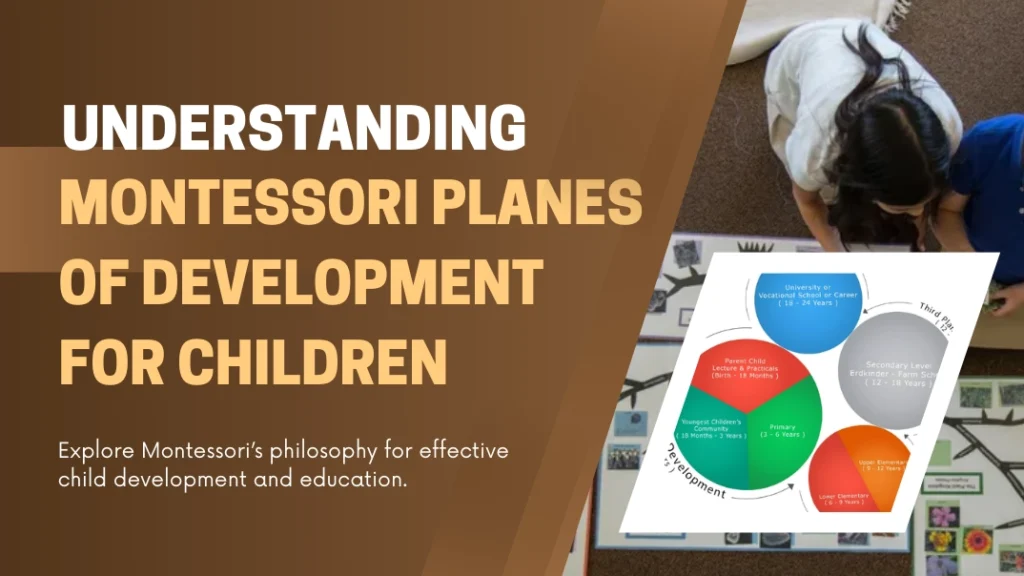
The Montessori Planes of Development offer a framework to understand how children grow through four key stages: Absorbent Mind (0-6), Reasoning Mind (6-12), Adolescence & Identity (12-18), and Maturity & Social Responsibility (18-24). This approach helps educators and parents support children’s development by recognizing their unique needs at each stage.
